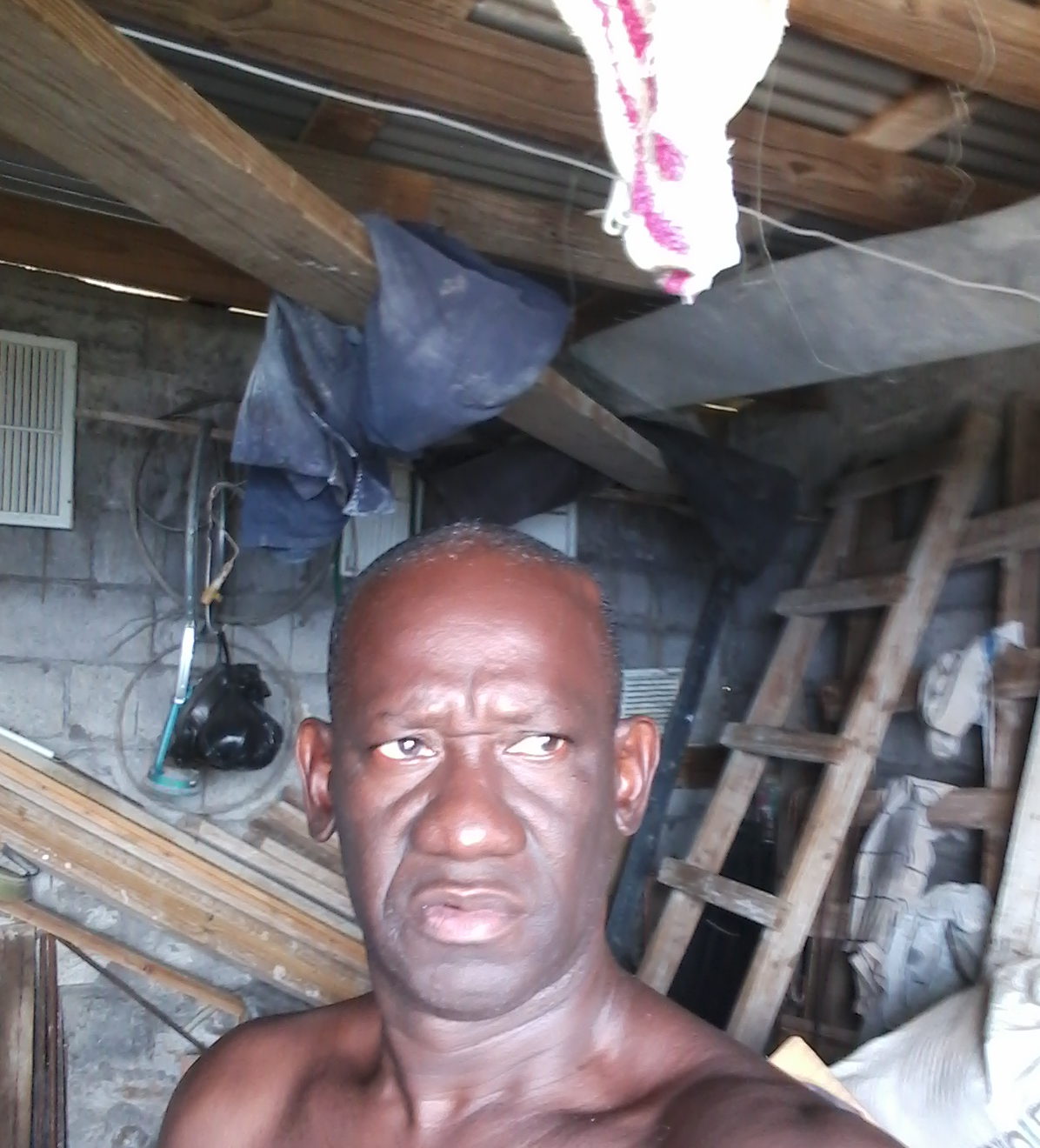“Let me just take one moment to breathe,” Augustas Dennie says before we start our interview.
The phone line is crackling and muffled, so it’s difficult at first to understand what he’s saying. That isn’t helped by Dennie’s verbal tics, a legacy of the severe brain injury he suffered at the hands of an attacker in 2009.
What is clear is that it’s painful for him talk about everything that’s happened to him.
“I have been living in a lot of fear,” he says.
Dennie came to Canada after he was viciously attacked for being gay in his home country of St Vincent and the Grenadines. The attacker first beat him with a bottle of cognac, fracturing his skull and sending a bone fragment into his brain. He then grabbed a rock, continuing to batter him to within an inch of his life. Dennie left with a litany of torments, including partial paralysis, which makes it impossible for him to work.
The former dancer fled to Canada in 2010 and applied for asylum. But, as is the case for many queer refugees, he wasn’t believed. Despite what the adjudicator called an “impressive” amount of evidence supporting his claim, Dennie was told he wasn’t “a credible historian of his own personal background.”
So in 2013, he was deported.
Since he has returned to St Vincent and the Grenadines, Dennie has been called names, has been threatened on the street and has been shot at twice, though he wasn’t injured.
And every night he walks in the dark up a hill, “like when Moses had gone up to the mountain to get the Ten Commandments,” and returns to a home that has no shower, no toilet, no windows and no door.

Augustas Dennie’s home has no shower, no toilet, no windows and no door. Credit: Courtesy Augustas Dennie
He also can’t afford the medical care he so urgently requires.
“Since I’ve come back, I don’t get no medical attention,” he says. “I have to pay for something that I don’t have money for.”
Dennie’s experiences are not unique. Verbal harassment and physical violence are a constant reality in the small island nation. And because St Vincent and the Grenadines continues to criminalize buggery and gross indecency, two laws used to persecute sexual minorities, many LGBT people don’t feel safe going to the police.
“On a daily basis, people see me coming and are very loud calling me ‘battyman, faggot, battyman fi dead’ and using aggressive negative slurs towards me in public,” Manny, 35, told Human Rights Watch.
LGBT people face discrimination in housing and in employment, making even the basic necessities of life hard to obtain.
But none of that is what causes Dennie the most pain.
“I have seen my freedom, I have seen the light,” he says of Canada.
Like Moses, Dennie has been to his promised land, a place where he could finally be himself. But then he was sent off again into a lonely exile.
“There is something inside of all humans,” he says. “And if you don’t get that freedom to be who you are, or what you want to be, it will make you feel like you don’t want to live.”
He recently witnessed a man beating another gay man.
“I spoke to him and I told him what I had gone through,” he says. “And I said, you need to stop being so flamboyant, but he was saying this is him, this is him. He has to be him.”
“But in this country, they don’t allow you to be you.”
Dennie is terrified to even speak to other gay men in public. A month ago one of his friends was stabbed in the head. He wishes desperately he could do something to help other gay men who are targeted.
“If I see somebody who’s attacking somebody who is gay, who is younger than me, I can’t stand up because I will get beat,” he says. “I can’t defend that person.”
The one mental reprieve that Dennie has is when he can talk to the people he calls his family, the people he met in the LGBT community when he lived in Toronto.
“Many times I be feeling to give up,” he says. “But whenever I’m on the edge of giving up, I just call.”
For years, those friends have been raising money to help fund some of Dennie’s medical treatments and get him better accommodations. But they’re still short on what they need to make a tangible difference.
Dennie wishes desperately that he could come visit them in Canada, but doesn’t have the money to renew his passport, let alone buy an airline ticket.
“I miss going to the Metropolitan Community Church,” he says. “I miss my gay family.”
For now, he’s stuck roaming the streets of St Vincent and the Grenadines, dreaming about a country that rejected him. On the same streets where he sometimes sees the man who beat him.
“I’m walking the street, my body is there, but my mind is not there,” he says.

 Why you can trust Xtra
Why you can trust Xtra


